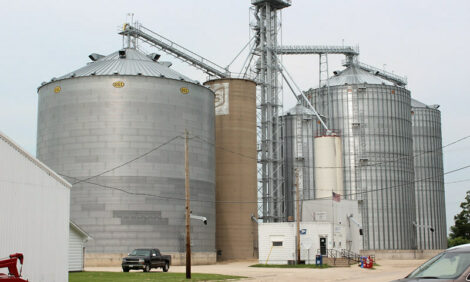



From Science to Practice – Are Ruminants Affected by Ochratoxin A?
Ochratoxin A is a nephrotoxic, hepatotoxic and teratogenic mycotoxin formed by Aspergillus and Penicillium sp which have been shown to occur in various grains and other products throughout the world.
The intake of ochratoxin A contaminated feed affects animal health and performance and can result in the presence of these toxins in animal products.
Although it has been reported that ochratoxin A affect cattle, it is degraded in the rumen which explains the higher tolerance of ochratoxin exposure via contaminated feeds. Ruminal microbes, especially protozoa, are active in converting ochratoxin A to the less toxic compound ochratoxin α.
The capacity of cattle to degrade ochratoxin A has been reported in several in vitro and in vivo studies. Nevertheless, ochratoxin A is not completely degraded by an active rumen population and it is estimated that a maximum rumen bypass of ochratoxin A is 10%.
The transfer of ochratoxin A into dairy milk is limited but it can occur under certain circumstances.
The combined factors like high concentrate as well as feeding levels are factors observed to promote the likelihood of systemic occurrence due to factors like changes in the rumen microflora.
In the case of pre-ruminants, experimental examinations of 30 day-old calves which received 0.1-0.5 mg ochratoxin A/kg live mass daily over four weeks showed polyuria, depression, decreased weight gain, low specific gravity of urine and dehydration.
At necropsy, grayish colored kidneys and mild enteritis were observed. Ochratoxin A was also found combined with citrinin, a metabolic product produced by the same fungi. Co-occurrence of these two toxins may cause hemorrhagic syndrome in cattle.
Cases of ochratoxicosis have been seldom reported on the field; however, the chronic intake of contaminated feeds should be avoided as long-term exposure of ochratoxin A could represent a potential risk arising from the adverse effects of these toxins on cattle.
| TheCattleSite News Desk | Read more Biomin News here |


